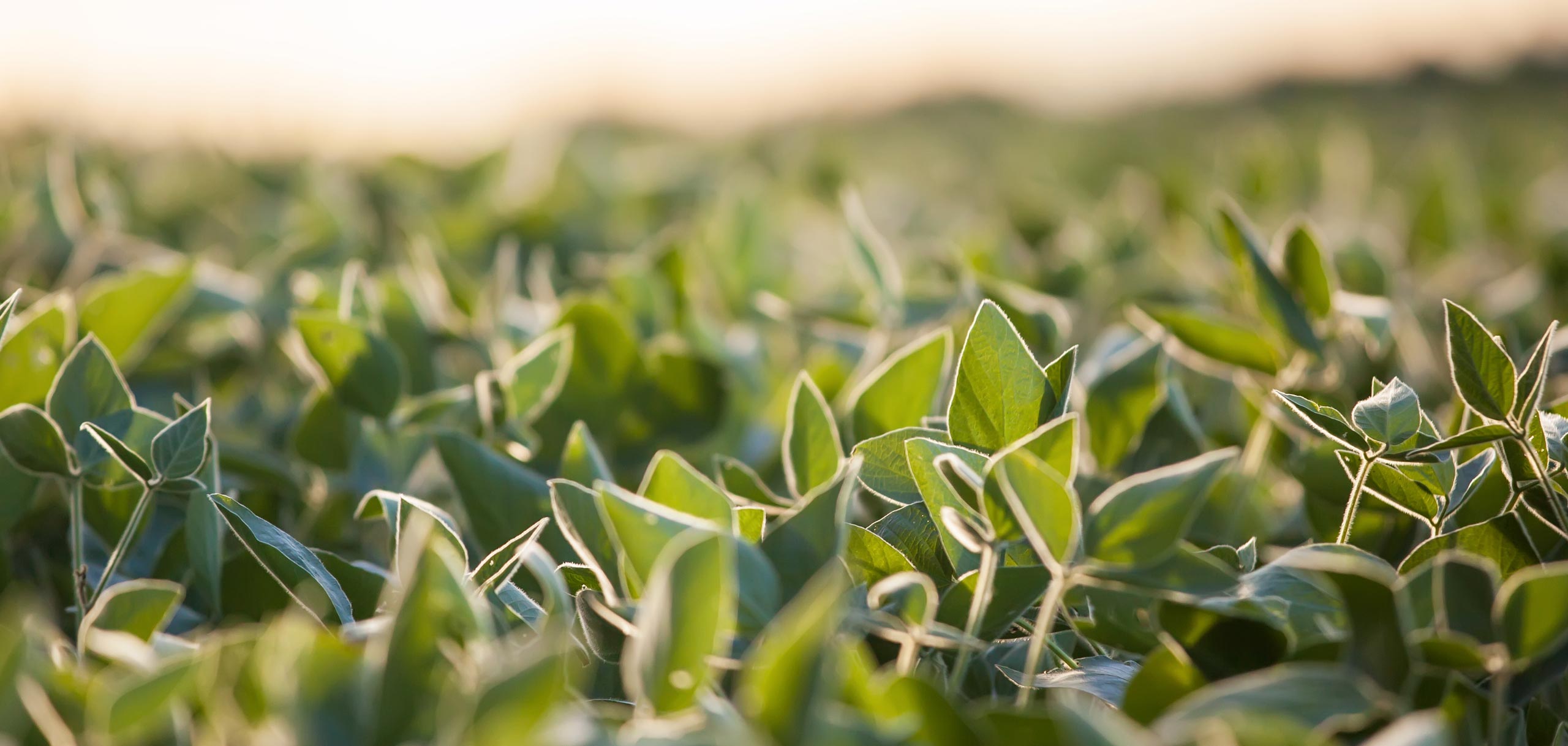USSEC Hosts Kentucky Trade Mission to Thailand
- Category:
- General News

A group of growers from the Kentucky Soybean Association and Kentucky Soybean Board led by Keith Tapp, chairman of the Kentucky Soybean Board and United Soybean Board (USB) director, participated in a weeklong trade mission to Bangkok, Thailand, from January 26-30.
Accompanied by USSEC Regional Director – Southeast Asia Timothy Loh, Program Manager Daphne Tan, Thailand Country Representative Opas Supamornpun, and Program and Marketing Executive Yaowaluck Boonsoong, the trade mission included visits to an oilseed crusher, a fully integrated food processor, a tour of USSEC aquaculture activities, and an up-close observation of vessel discharging operations anchored in open waters.

The program began on January 26 with a morning presentation by Mr. Supamornpun, on the Thai feed and livestock market and a review of the week’s program. United States Department of Agriculture (USDA) Foreign Agricultural Service (FAS) agricultural counselor Bobby Richie covered various topics in a question-answer session, such as the price sensitivity of Thai soy importers, and the country’s openness to GMOs and U.S. food products in general. The Association of Southeast Asian Nations (ASEAN) Economic Community is expected to open up the market for labour and goods, Mr Richie said. Despite recent political upheavals, the Thai currency, the baht, remains relatively stable.
In the afternoon, the Kentucky team visited Thai Vegetable Oil Plc (TVO), the largest crusher in Thailand, located in the province of Thonburi, about a 1½-hour drive from Bangkok. Foreign trade manager Supachai Vitayatanagorn presented data showing the differences in protein levels between U.S. and Brazilian soybeans, giving U.S. team members a good idea of the importance placed on crude protein by some overseas customers. During the tour, the growers also got to see U.S. soybeans being transferred out of a river barge.
On the second day, the growers headed out on a ferry to observe bulk vessel operations in open water near the island of Ko Sichang, 80 km (50 miles) south of Bangkok. Assisted by Bunge Thailand, the group witnessed rapeseed meal being discharged from Panamax vessels at the grain-handling terminal of Laem Hin Khao as well as container handling and other port activities.
A visit to the feedmill and broiler processing facilities of Thailand’s second largest broiler integrator and exporter, Betagro, took place on January 28. Betagro ranks 27th in the world for livestock and feed production, with about 28 percent of the Thai domestic market for food products. The slaughterhouse at Lopburi, about 150 km (93 miles) northeast of Bangkok, handles 290,000 birds per day, all for export—60 percent to the EU, 30 percent to Japan and about 10 percent to other Asian countries. The plant is fully halal certified and there are plans to export broiler products to the Middle East.
The group also visited the Betagro feedmill located in the same district. The plant produces solely chicken feed (95 percent broiler feed, 5 percent breeder feed) and has a capacity of 55,000 metric tons per month. Awarded the Total Program Management (TPM) certification by the TMP body in Kyoto, Japan, the plant has operational standards in line with the requirements of its customers.
On the final day of the program, the Kentucky growers visited a production facility for Asian sea bass (also known as barramundi) and a partner in USSEC’s aquaculture program in Southeast Asia. Led by USSEC Southeast Asia Technical Director – Aquaculture Lukas Manomaitis, the growers were hosted at 88 Farm & Hatchery by Warawut Sophanowong, managing director and Narongsorn Rojanapiansitt, sales manager. In addition to a fish feeding demonstration and touring the hatchery and brooder facilities, a video was shared to inform about the activities conducted in cooperation with USSEC, such as fish tagging, tightening biosecurity and rebuilding of the circulation system.
Mr. Tapp said, “We know funding the Thai office has been a good investment but there’s nothing like coming over and seeing things for ourselves. We can better inform our board members back home of what we’ve seen and experienced.”